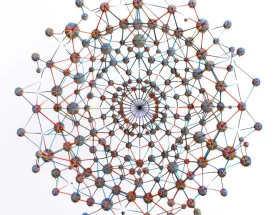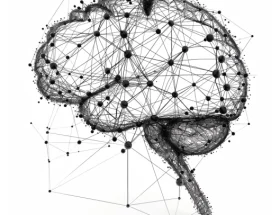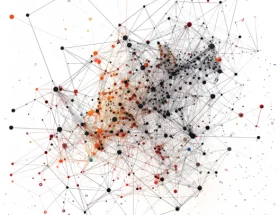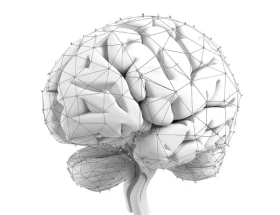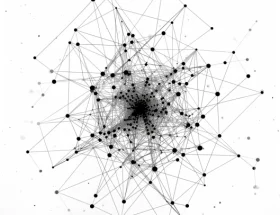The Jouve-Cerebrals Crystallized Educational Scale (JCCES) has been thoroughly evaluated for its reliability and consistency. This large-scale study, involving 1,079 examinees, utilized both Classical Test Theory (CTT) and Item Response Theory (IRT) methods to analyze the scale’s performance and internal structure.
Background
The JCCES was developed to measure crystallized cognitive abilities across diverse content areas. The scale incorporates items with varying difficulty levels and includes alternative answer recognition to promote inclusivity. Its foundation builds on psychometric research and the integration of advanced statistical methods, such as kernel estimators and the two-parameter logistic model (2PLM), to enhance its validity and applicability.
Key Insights
- High Internal Consistency: The scale demonstrated excellent reliability, with a Cronbach’s Alpha of .96, confirming its consistent performance across a wide range of test items.
- Comprehensive Item Analysis: The diverse range of item difficulty levels and polyserial correlation values supports the JCCES’s ability to assess various cognitive abilities effectively.
- Validation Through IRT: The application of the two-parameter logistic model (2PLM) showed a good fit for most items, while the kernel estimator method refined ability evaluations, particularly by incorporating alternative answers.
Significance
The findings affirm the JCCES as a reliable tool for assessing crystallized cognitive skills. Its robust internal consistency and ability to evaluate a wide range of abilities make it a valuable resource for educational and psychological assessments. At the same time, addressing the limitations of model fit for certain items and exploring additional alternative answers could further enhance its utility.
Future Directions
Future research should focus on refining the JCCES by analyzing unexplored alternative answers and improving the fit of specific items within the 2PLM framework. Expanding the study to include diverse populations could also improve the generalizability of the results, ensuring the scale remains relevant in broader contexts.
Conclusion
The evaluation of the JCCES highlights its strengths in reliability and inclusivity while identifying areas for further improvement. This balanced approach ensures the scale continues to serve as a meaningful instrument for cognitive assessment and educational research.
Reference
Jouve, X. (2023). Evaluating The Jouve Cerebrals Crystallized Educational Scale (JCCES): Reliability, Internal Consistency, And Alternative Answer Recognition. Cogn-IQ Research Papers. https://pubscience.org/ps-1mSR3-32426c-iYHT


